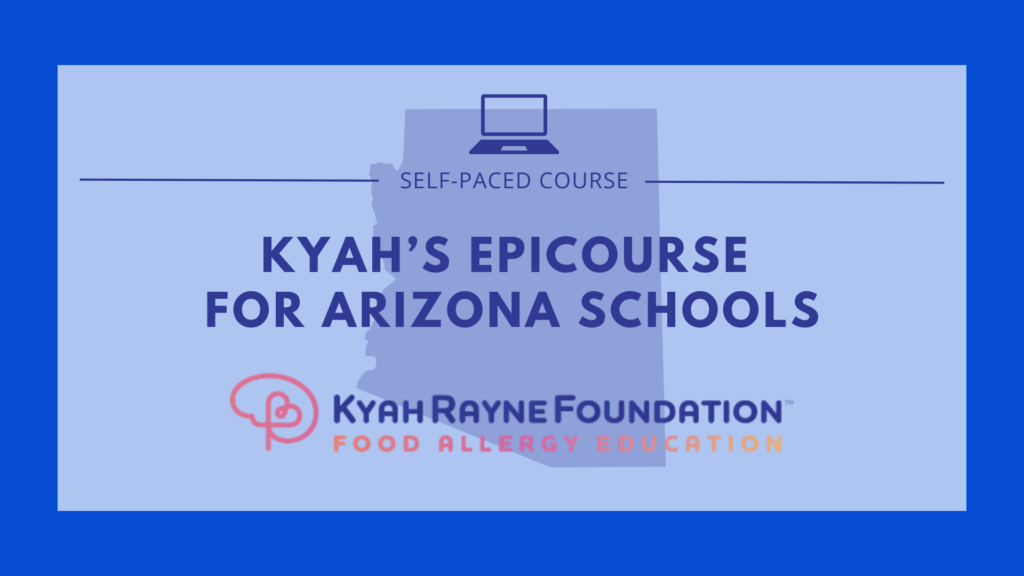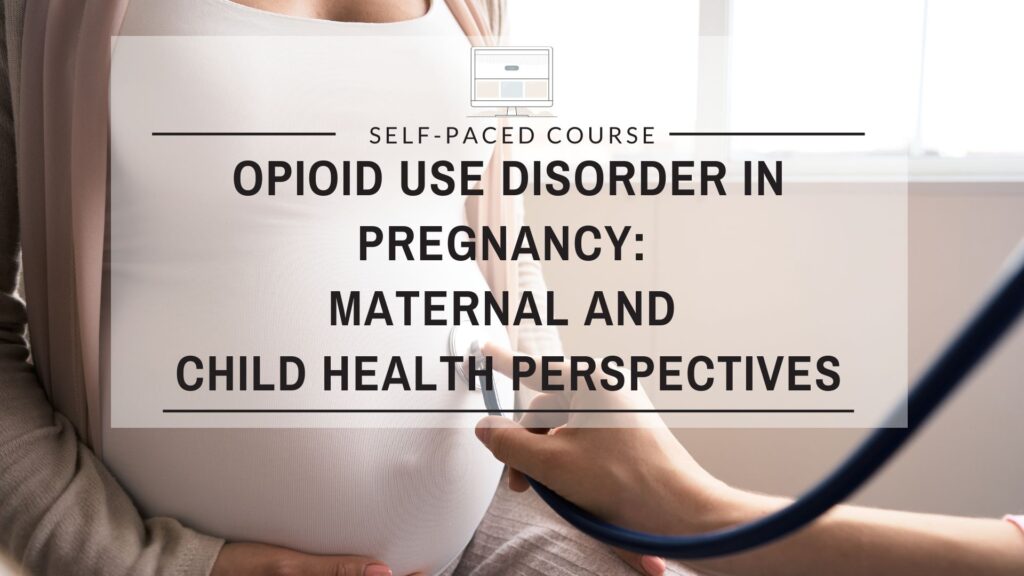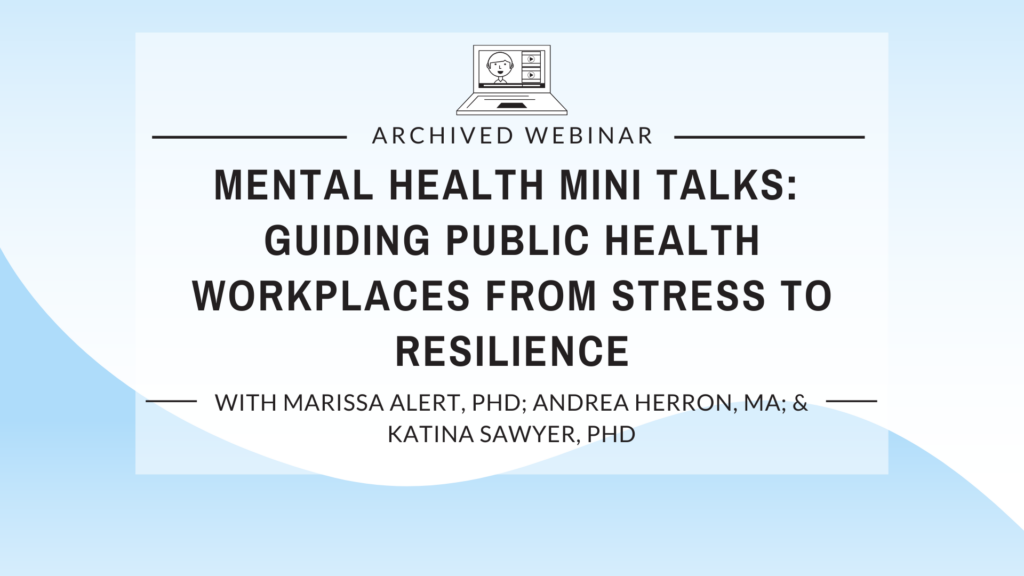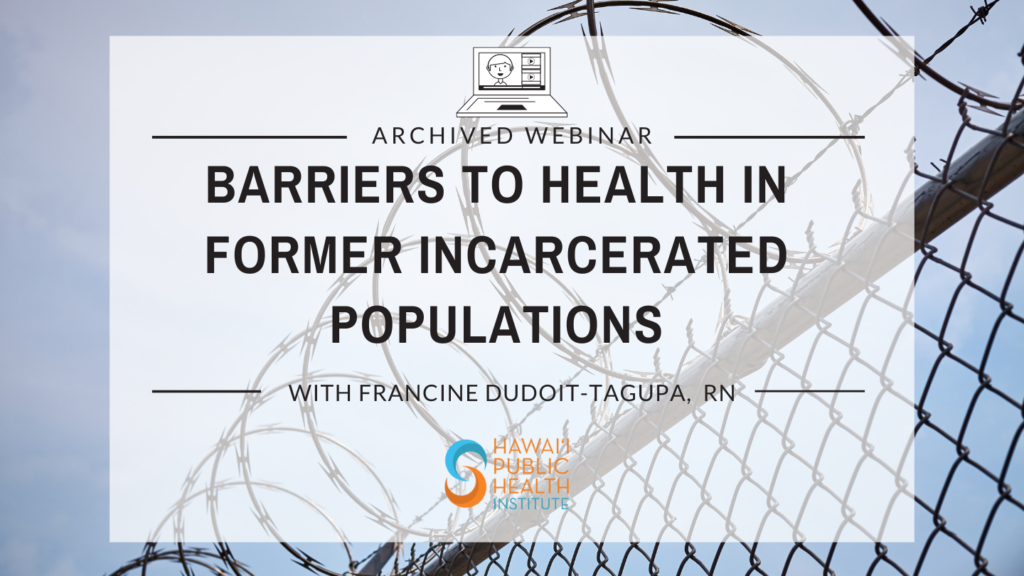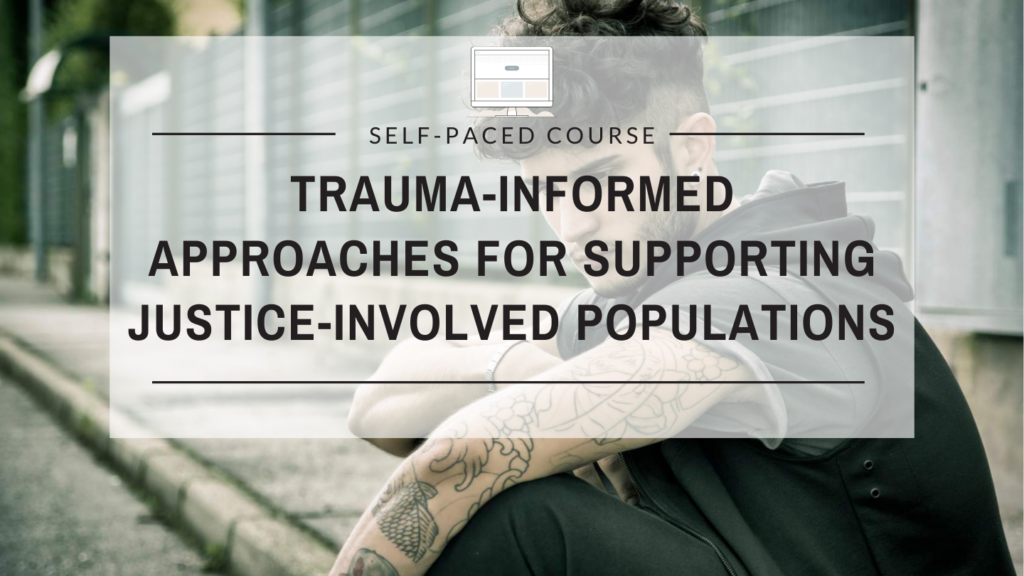Anaphylaxis is life-threatening when students do not have the tools to treat symptoms effectively. Schools keep stock epinephrine auto-injectors in the event that a student is experiencing any symptoms associated with anaphylaxis and do not have access to their own epinephrine auto-injector. This e-learning course provides mandatory training for school personnel designated to administer the epinephrine auto-injector.
Learning Objectives
This training has been developed to assist in teaching school staff about food allergies, anaphylaxis, and the use of stock epinephrine auto-injectors. After completing the course, learners will be able to:
- Define keywords and identify common trigger foods
- Recognize symptoms of severe allergic reactions and anaphylaxis
- List the steps for administering an epinephrine auto-injector in an emergency
- Explain the purpose of the School Surveillance and Medication Program in Arizona school systems
- Explain the significance of these statements:
Step In, Step Up, Save a Life
- Complete the following school action steps:
- Annual staff training
- School’s stock epinephrine maintenance
We hope this course helps increase the preparedness and confidence of school personnel to take proper action with their stock epinephrine when an event of anaphylaxis occurs.
Training Length: approximately 45 min.
Continuing Education: 0.75 Continuing Competency Credits for CHES, 1.0 credit for Registered Dietitians
Disclosures: The planners, reviewers, and authors have no declared conflicts of interest


